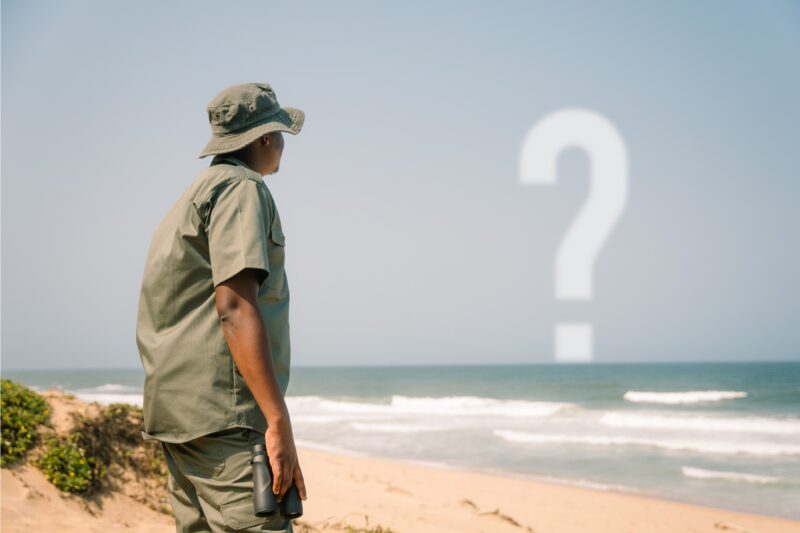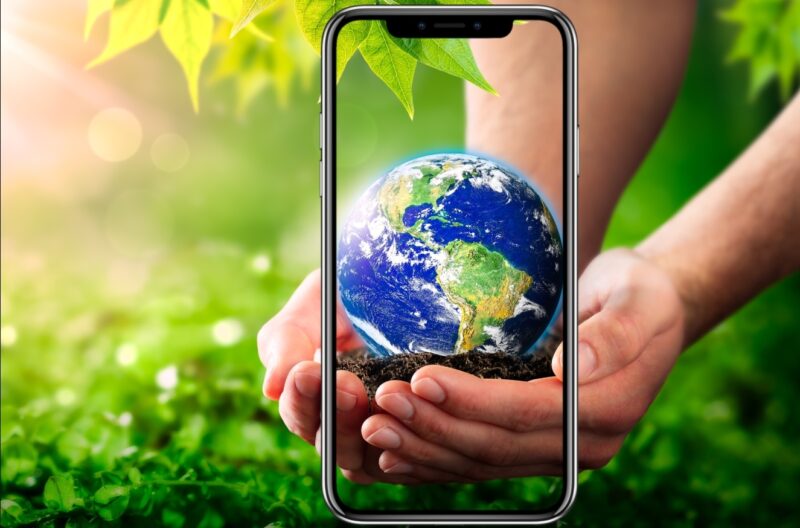
With the United Nations Biodiversity Conference – COP15 – taking place from 7-19 December in Montreal, Canada, and the pending adoption by 196 countries, including South Africa, of the Global Biodiversity Framework incorporating target 3, also known as 30×30, the timing could not be more pertinent to place a spotlight on the need for more ocean protection.
Overfishing, damaging industrial activities, habitat destruction, climate change, and pollution are not letting up and by not protecting our ocean’s ability to keep giving us everything we take, we risk a huge biodiversity crisis involving ocean collapse, and a subsequent economic catastrophe. Marine Protected Areas (MPAs) can help restore ocean health and resilience, as well as help the ocean mitigate the impacts of climate change, produce bigger and more fish, create jobs and feed tourism.
We know the global ocean is in crisis and urgently needs at least 30% protection by 2030. South Africa can help by doubling its current 5.4% protection of the oceans around the country as an immediate next step. Achieving 10%, or more, representative (of multiple habitats and species) protection around South Africa will help the country’s ocean and its people and is an important steppingstone to the protection needed globally (a minimum of 30% by 2030).
“We take for granted just how much we rely on a clean, thriving ocean,” says Lauren van Nijkerk, Campaign Lead for the WILDTRUST, a South African, Non-Profit Organisation focused on the conservation of the natural world. “Every second breath we take comes from the ocean, it offers us food security, tourism and jobs and it regulates our weather – we cannot afford to not protect it as much as we depend on it.”
Preliminary assessment of South Africa’s MPA network making up 5.4% of our mainland waters against the global MPA Guide tool, shows that most of its MPAs are implemented or actively managed with many that are highly and fully protected, which lends itself to high levels of biodiversity protection. While it is undoubtable that South Africa still has a way to go, its successes in systematic conservation planning and establishing an effective MPA network under very tough conditions in a developing country, just shows the possibilities for expansion in South Africa, as well as for other nations within Africa (and beyond) to replicate its model.
The #whereisour10 #uphiu10 campaign which launched on social media on 1 December is in support of South Africa expanding its current 5.4% protection to at least 10% as an immediate, urgent next step, contributing to the 30×30 goal the oceans so need.
“As the people of this beautiful country, we can let the government know they have our support ahead of COP15 with #whereisour10 #uphiu10,” says van Nijkerk. “What makes this campaign fun is that it is based on the concept of searching for something, like a treasure hunt, as we figure out where the hidden gems of South Africa’s Ocean are that could possibly be our new and expanded MPAs.”
The campaign asks: “COULD IT BE HERE?” and outlines potential areas for these new and expanded MPAs, including:
- Dassen Island which will help protect the endangered African penguin
- On the outskirts of the De Hoop MPA, protecting the endangered Puffadder shyshark that only occurs in South Africa’s oceans
- Offshore on the west coast protecting the critically endangered Soupfin shark
- An extension of the iSimangaliso Wetland Park MPA to protect the critically endangered Leatherback turtle
Another way people can show their support of increased ocean protection is by adding their name at Ocean Impact | appeal, to be 1 of 100 000 voices amplifying the need to look after our ocean, which in turn will continue to look after us.
Instagram: @oceanimpactsa
Facebook: Ocean Impact
Twitter: @OceaniMPAactSA




